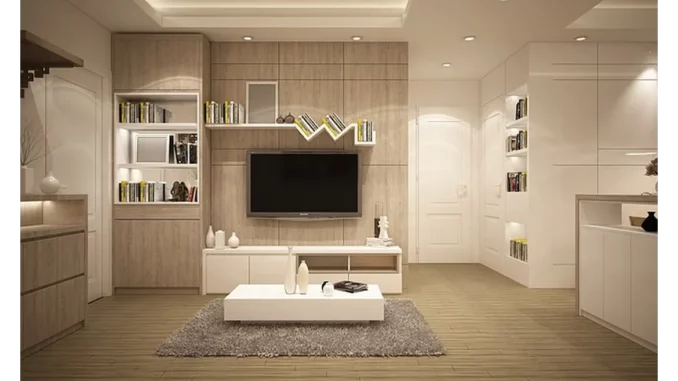
The Intricate Art of Interior Design: Navigating a Career in Creating Enchanting Spaces
When you walk into a meticulously designed room, it’s easy to appreciate the beauty and functionality without considering the meticulous planning, creativity, and expertise that have gone into creating that space. Interior design is a sophisticated field that marries art and science to transform environments. If you are contemplating a career in interior design, understanding the necessary pathways, credentials, and job facets is crucial for making an informed decision.
The Essence of Interior Design
Interior design is both an art and a science, aimed at enhancing the interior of buildings to create healthier and more aesthetically pleasing environments. It involves planning, research, coordination, and project management to ensure that the design is functional and aligns seamlessly with the client’s vision. Interior designers collaborate with architects, engineers, and builders to bring their concepts to life.
Educational Pathways and Credentials
The Journey Begins with Education
A formal education is often the first step towards a career in interior design. Most professionals in this field hold a bachelor’s degree in interior design or a related discipline. Advanced degrees or specialised certifications can further hone your expertise and credibility in various niches within the industry.
The Importance of Credentials
Credentials are pivotal in establishing your competence and reliability as an interior designer. The Credential Finder is an invaluable tool that assists in searching and comparing various credentials, enabling you to find the right educational pathways to achieve your career aspirations—whether it’s a course in sustainable design or certification in advanced computer-aided design (CAD) software.
Skills and Competencies
The Palette of Skills
Interior designers need a diverse skill set to excel. Essential skills include:
- Creativity and Artistic Sense: The ability to visualise and craft aesthetically pleasing designs.
- Technical Skills: Proficiency in design software such as AutoCAD, SketchUp, and Adobe Creative Suite.
- Communication Skills: The capability to clearly articulate ideas to clients, contractors, and team members.
- Project Management: The ability to manage timelines, budgets, and various project aspects to ensure successful completion.
- Problem-Solving: The skill to address and overcome challenges that arise during design and implementation phases.
Career Opportunities
Diverse Pathways in Interior Design
The field of interior design offers a plethora of career opportunities:
- Residential Design: Crafting beautiful and functional living spaces for homeowners.
- Commercial Design: Designing offices, retail spaces, restaurants, and other commercial environments.
- Hospitality Design: Specialising in the design of hotels, resorts, and other hospitality venues.
- Healthcare Design: Creating therapeutic and functional environments in healthcare facilities.
- Exhibition Design: Designing exhibits for museums, galleries, and trade shows.
Industry Trends
Staying Ahead of the Curve
The interior design industry is ever-evolving, with new trends continually emerging. Staying updated with these trends is crucial for success. Current noteworthy trends include:
- Sustainable Design: Emphasising eco-friendly and energy-efficient spaces.
- Smart Homes: Integrating technology to create intelligent living environments.
- Minimalism: Focusing on simple, functional, and clutter-free spaces.
- Biophilic Design: Incorporating natural elements to enhance well-being and productivity.
Networking and Professional Development
Building Connections and Growing Professionally
Networking is a cornerstone of the interior design industry. Joining professional organisations such as the American Society of Interior Designers (ASID) or the International Interior Design Association (IIDA) can provide valuable networking opportunities, resources, and avenues for professional development.
The Impact of Interior Design
Interior design profoundly affects people’s lives. Thoughtfully designed spaces can enhance productivity, elevate mood, and promote overall well-being. As an interior designer, you have the power to make a meaningful difference by creating environments that enrich lives.
Embarking on a career in interior design is both challenging and rewarding. It necessitates a blend of creativity, technical skills, and business acumen. By pursuing the right educational pathways and credentials, staying abreast of industry trends, and actively engaging in networking and professional development, you can build a successful and fulfilling career in interior design.


Be the first to comment